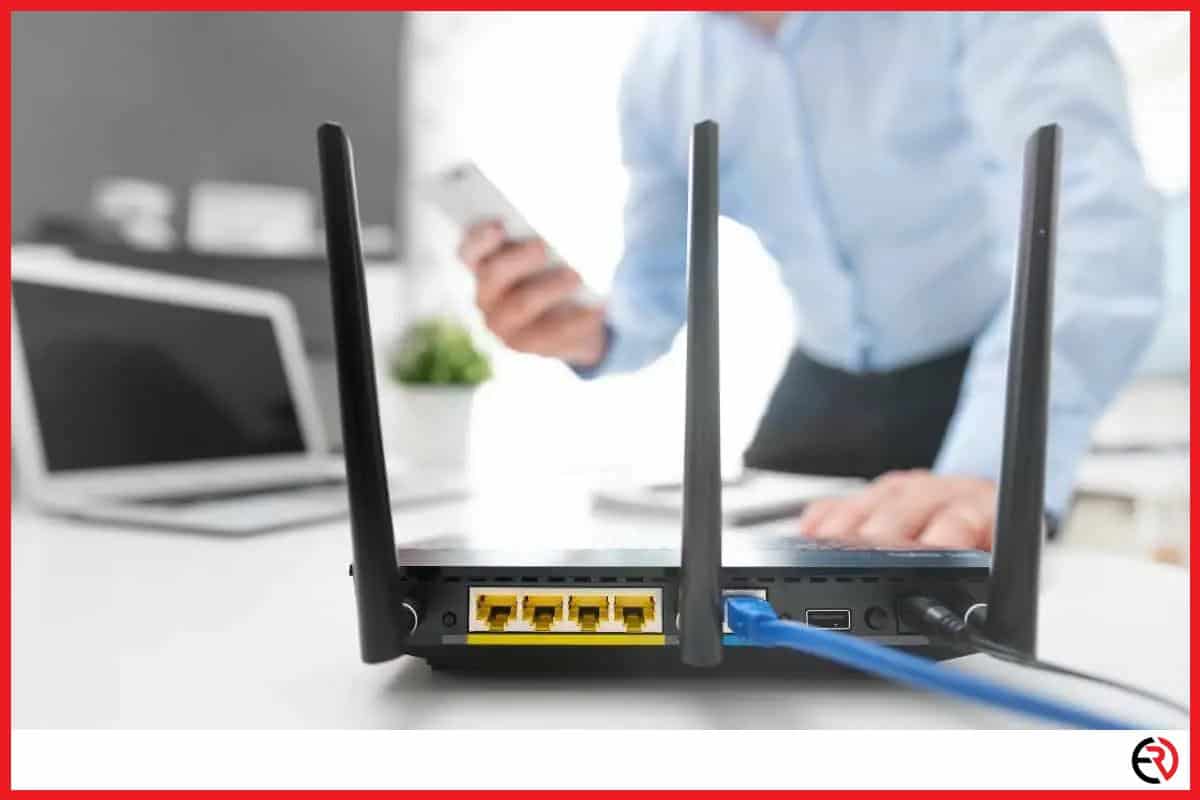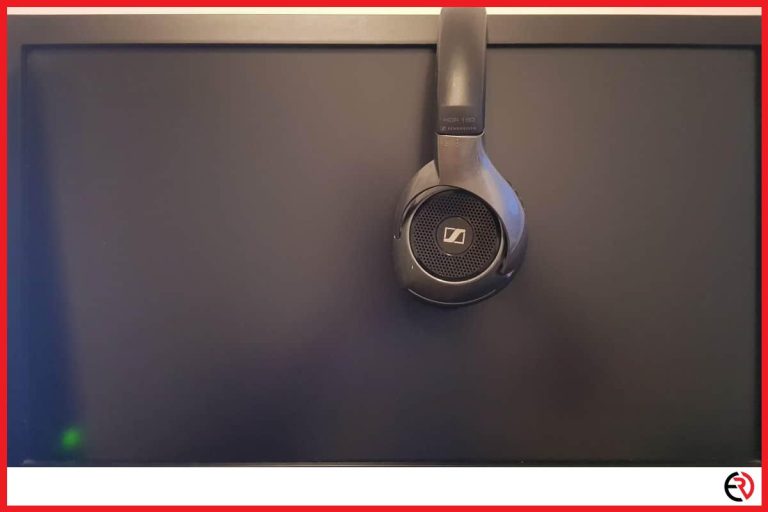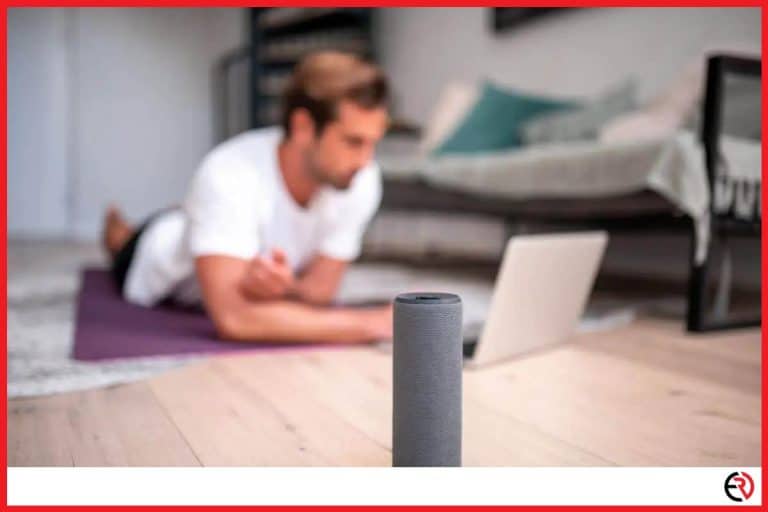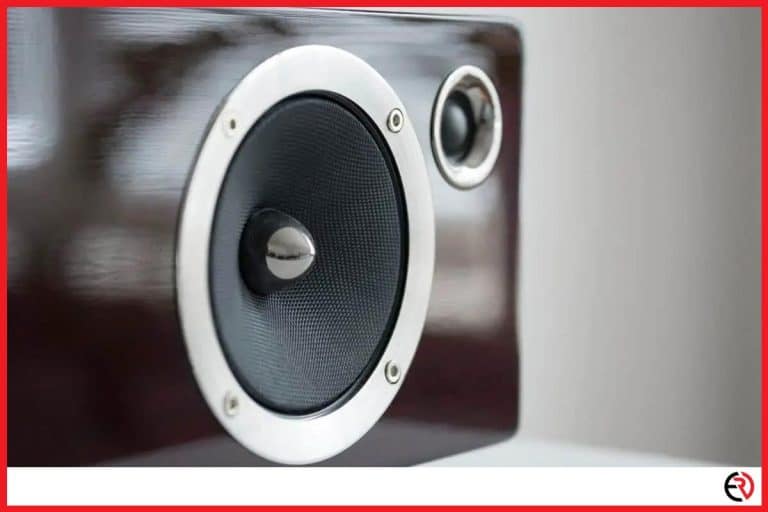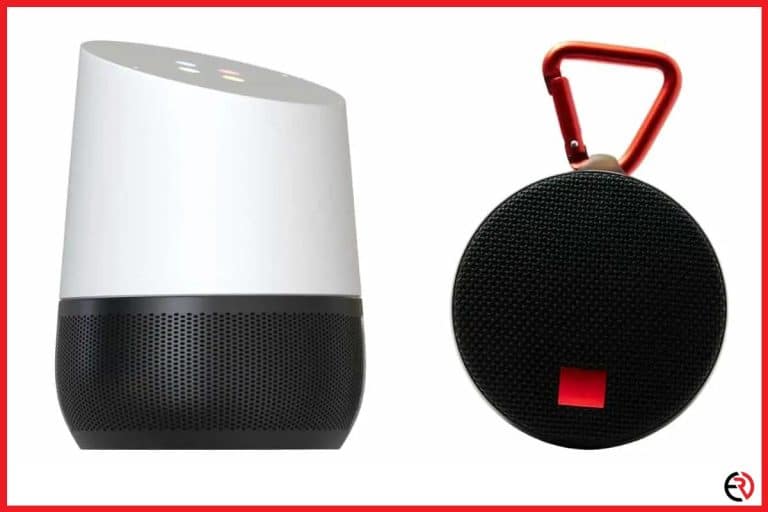How to Prevent Bluetooth Interferences (Solved)
This post may contain affiliate links which means that, if you choose to make a purchase, I may earn a small commission at no extra cost to you.
Bluetooth is a very convenient technology. However, I often find myself using speakers and headphones with wires or with WiFi. While Bluetooth is convenient, it lacks in many things including bandwidth, range, and is highly susceptible to interferences that ruin my listening experience.
If you have a poor experience due to Bluetooth interference, you can easily avoid it by just moving closer to the connected device, moving away from other Bluetooth and WiFi devices, updating the firmware of your Bluetooth device, and taking other such measures.
Let’s dive deeper and figure out what causes Bluetooth interference and how you can fix the issue.
Signs of Bluetooth Interference
Bluetooth technology has achieved remarkable penetration in daily tech. It’s in everything from my phone and gaming controller to my headphones and speakers. However, the technology is also highly vulnerable to interference. Let’s check out a few signs of Bluetooth Interference:
Static Sound
When there are too many devices that use the 2.4 GHz radio frequency, you may hear a static sound from your Bluetooth speakers or headphones. The annoying static adds noise that changes the music and creates a poor listening experience. This usually happens when different devices using the same frequency band are overlapping and distort the signal.
Delays
Unlike wired devices, Bluetooth devices require audio data or any other form of data that exceeds the bandwidth of Bluetooth to be compressed before they can be transmitted. When data travels over the air via radio frequencies it’s always going to be slower than a wired connection and that causes delays. With interference, the delays are enhanced. When you watch a movie the audio may come out a few microseconds later.
Connection Drops
Bluetooth interferences can also cause connection drops. I’ve had this happen to me a million times, especially with budget Bluetooth devices. My headphones or speakers get disconnected for a few seconds and then connect back. Imagine you’re listening to Don’t Stop Me Now by Queen and right at the 34th second the connection drops out when the song is about to pick up cadence. Now imagine this nightmare situation for all your favorite tracks.
Causes of Bluetooth Interferences with Fixes
There are numerous situations where your Bluetooth connection becomes susceptible to interference. Let’s check them out and figure out the fixes.
Range
Most Bluetooth devices have a range of 33 feet. If you’re on Bluetooth 5.0 you can expect a higher range. It’s important to stay within that range limit when you’re using Bluetooth devices. As you take your Bluetooth device farther away from the connected device, the Bluetooth range gets weaker and the connection slowly breaks down. It also becomes more susceptible to interference.
Fix – Try to stay well within the range of your Bluetooth device to maintain a strong connection that is less vulnerable to interference. It’s best to keep the connected Bluetooth devices as close as you can.
Too many devices turned on
As mentioned above, Bluetooth devices use radio frequencies to transmit data. They use the 2.4GHz band. That band is also used by WiFi devices. Everything from the router, to your home, smart bulbs, and smart lights. When there are too many devices using the same frequency, it’s highly likely that connections are going to overlap and cause signal interferences.
Fix – An easy way to fix this problem is to turn off the devices when you’re not using them. For instance, I have multiple Bluetooth headphones, controllers, and a few WiFi-enabled speakers. When I’m not using them, I turn them off to minimize interference.
While some devices can be turned off others can’t. For instance, my WiFI mesh network can’t be turned off and the same goes for all the phones and WiFi-enabled smart speakers in the home. Instead, you need to switch to the 5GHz frequency band for all the devices.
This frequency band doesn’t interfere with Bluetooth in any way.
Switching to the 5GHz band doesn’t just reduce Bluetooth interferences, but also makes your WiFi connections faster and smoother.
Physical Obstructions
Bluetooth is a wireless technology that weakens due to physical obstructions. This includes everything from walls to physical obstructions in the room. Obstructions can reduce range and also add interference. Some obstructions are worse than others. While radio frequencies can easily transmit through plastic and wood, it gets heavily obstructed and weakened by concrete and metal.
Fix – An easy fix is to move away from physical obstructions between Two devices connected via Bluetooth. Don’t keep connected Bluetooth devices in different rooms separated by a concrete wall and don’t keep metal structures or furniture pieces between them. Always try to maintain a clear line of sight between two Bluetooth devices when they are connected.
Software Issues
Bluetooth interference can also be caused due to software issues. Bluetooth devices communicate with each other and operate with the help of pre-programmed firmware. However, the software comes with bugs.
Moreover, Bluetooth devices also build up a lot of caches when they are paired and connected to numerous devices. The minimal amount of storage on the device gets filled with that useless data. This can hinder the performance of the Bluetooth device and make it more vulnerable to interference.
Fix – You can fix this issue by regularly updating the firmware on your device and resetting it every week. Every Bluetooth device from different manufacturers has different procedures for updating the firmware and resetting the device. You may need to refer to the owner’s manual.
On the other hand, some devices like Bluetooth headsets and controllers are intelligently designed to update the firmware with the internet of your phone or laptop when they are connected. For instance, the AirPods are designed to update their firmware while they are charging and connected to your iPhone.
Conclusion
Bluetooth interference can become more than annoying when they interfere with my listening or gaming experience. They can reduce productivity when I’m trying to make important calls. I hope this article was able to help you fix those annoying issues and reduce Bluetooth interference from your life.

